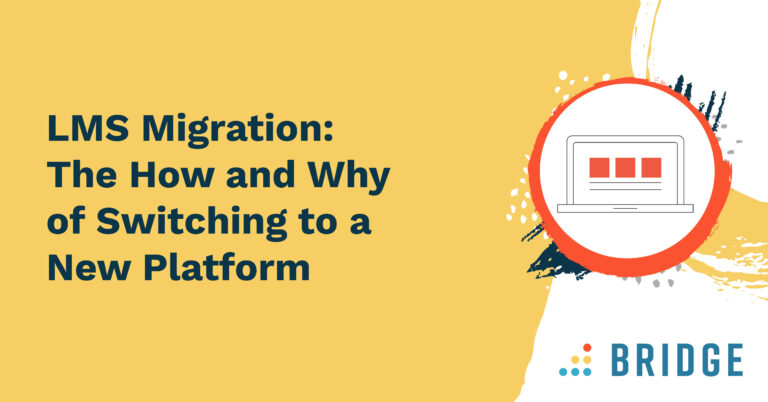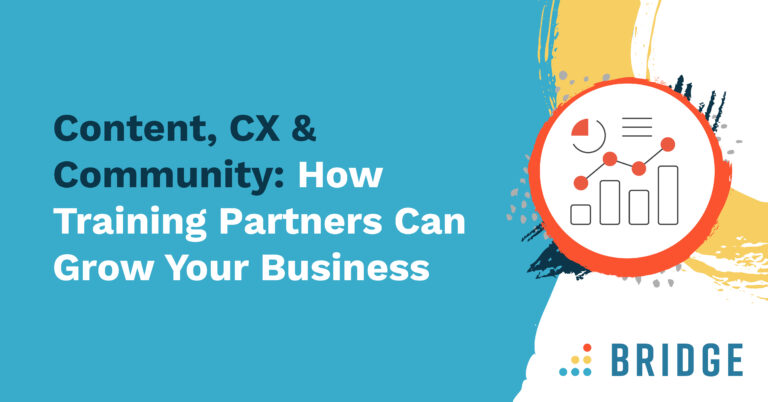Research on different generations in the workplace often covers millennials and baby boomers, which leaves out a significant group: Gen X workers, which includes the highest percentage of managers. Gen X workers face a growing and unique need: many struggle with caring for both children and the elderly while balancing work. With the aging population increasing steadily over the next few years, the demand for caregivers is also growing. The Society for Human Resources Management (SHRM) indicates that over 75 percent of employers say caregiving benefits will become a higher priority, especially as 24 million family caregivers “are juggling caregiving responsibilities and employment. By recognizing and supporting their needs, employers can improve productivity and foster a stable and healthy workforce.” When it comes to acquiring talent, some employers focus more heavily on attracting millennials while overlooking Gen X workers, despite unemployment at a low of 4.1 percent. Some organizations like Deloitte and Adobe understand the need to attract and retain the Gen X talent pool. Recognizing that “family dynamics and structures are constantly evolving,” Deloitte provides 16 weeks of paid time off each year that covers caregiving needs from supporting elderly parents to caring for ill relatives. Adobe similarly provides paid time for employees to care for sick family members and offers a backup care program that helps provide temporary care for family members while employees are working. Allowing employees flexibility and time to tend to familial responsibilities can impact retention and help employees be more productive and present. Adobe VP of Global Rewards Rosemary Arriada-Keiper said of their program, “Our employees are our greatest asset, so when we do the right thing for them, it’s inevitably the right thing for our business.”
-
Products
- Learning (LMS)Create courses, train internal teams & external partners
- Performance ManagementPerformance reviews, 1on1s, continuous feedback & goals
- Learn & DevelopGo above and beyond basic mandatory training
- EngagementBuild engagement surveys that help you act on input
- AnalyticsEasily measure the impact of your learning programs
- Advanced Course AuthoringDesign interactive and engaging learning content
- Mobile AppAll the power of Bridge while you’re away from your desk
- Advanced MediaCentralized file storage with video recording and editing
- IntegrationsSeamlessly integrate the tools you use with Bridge
- Solutions
- Pricing
- Case Studies



